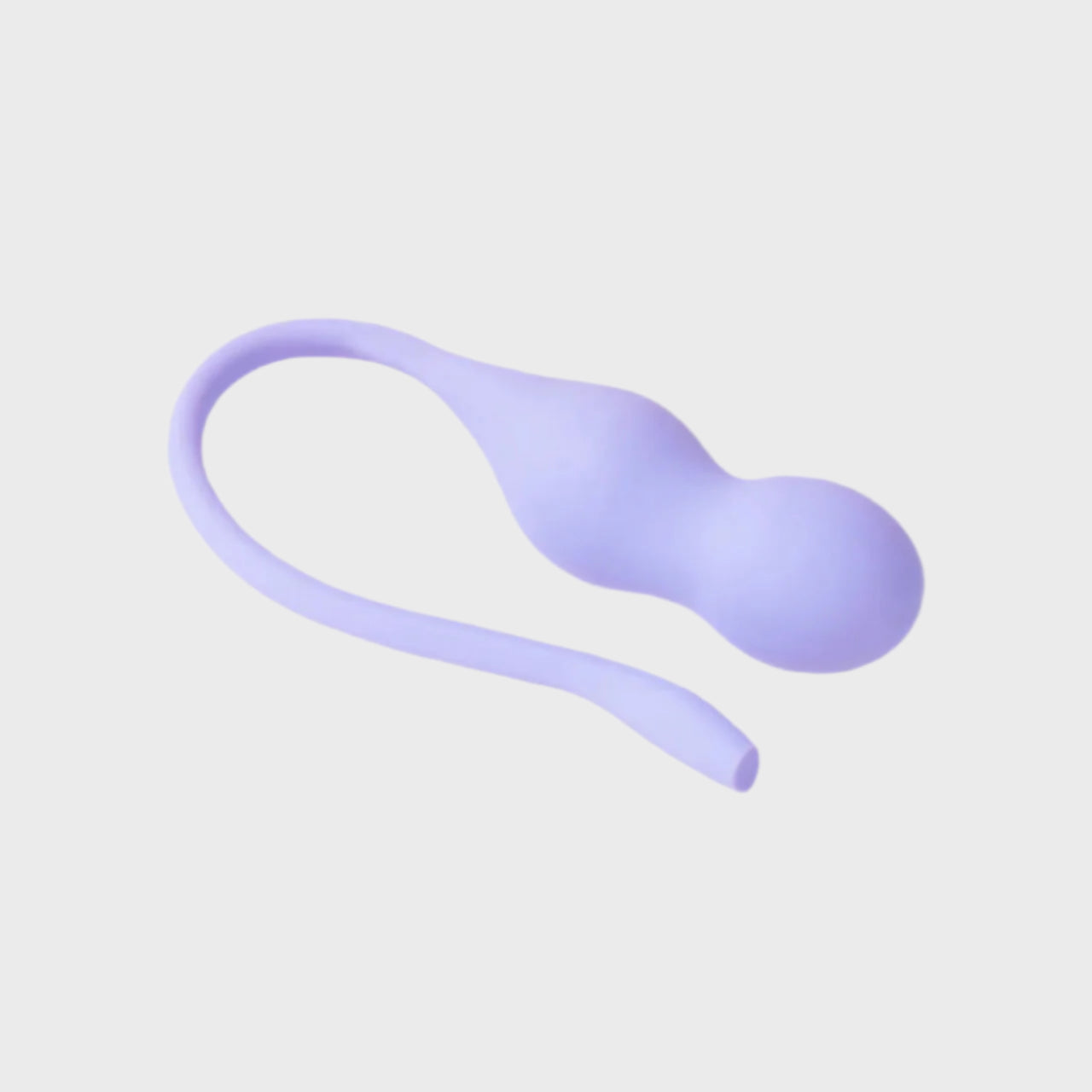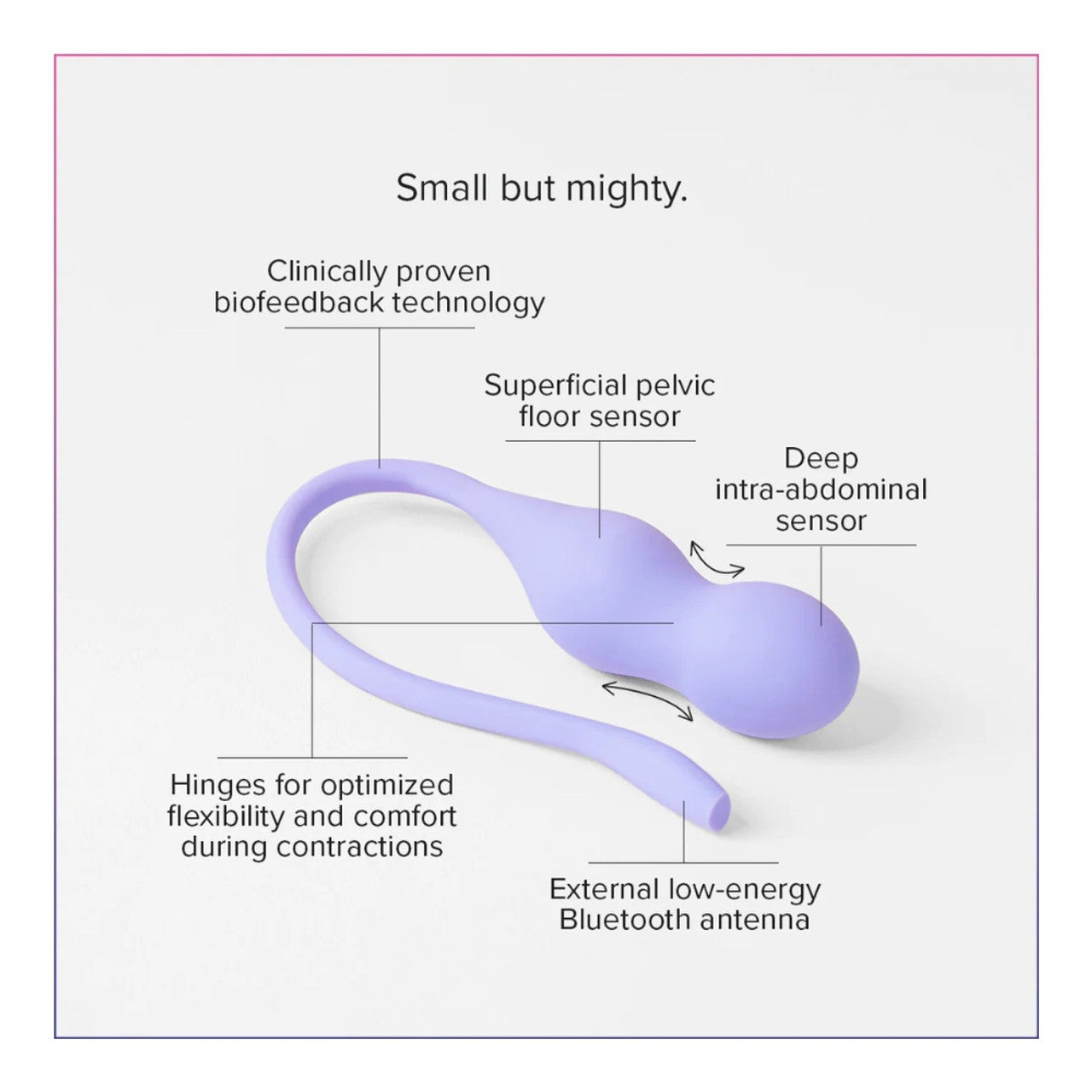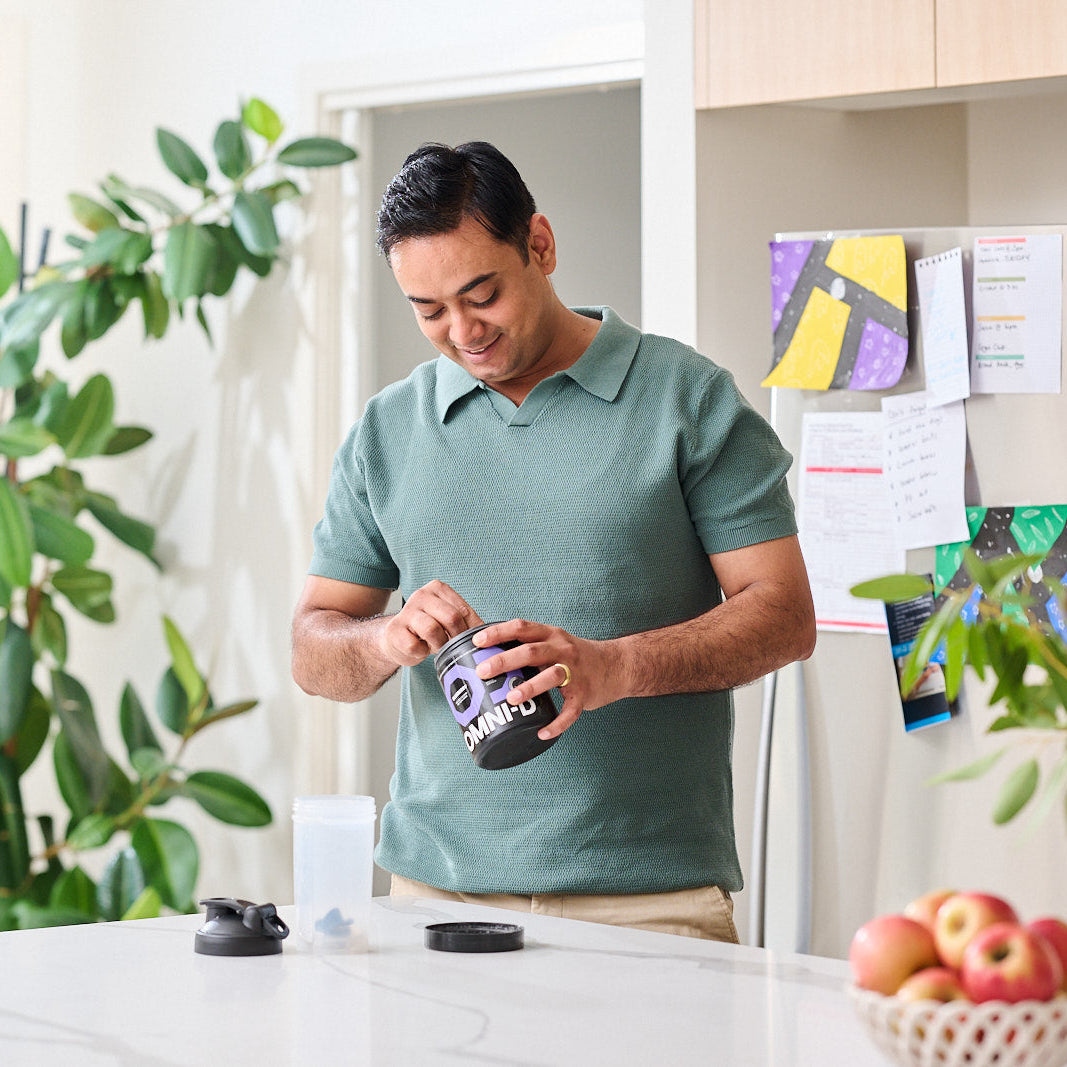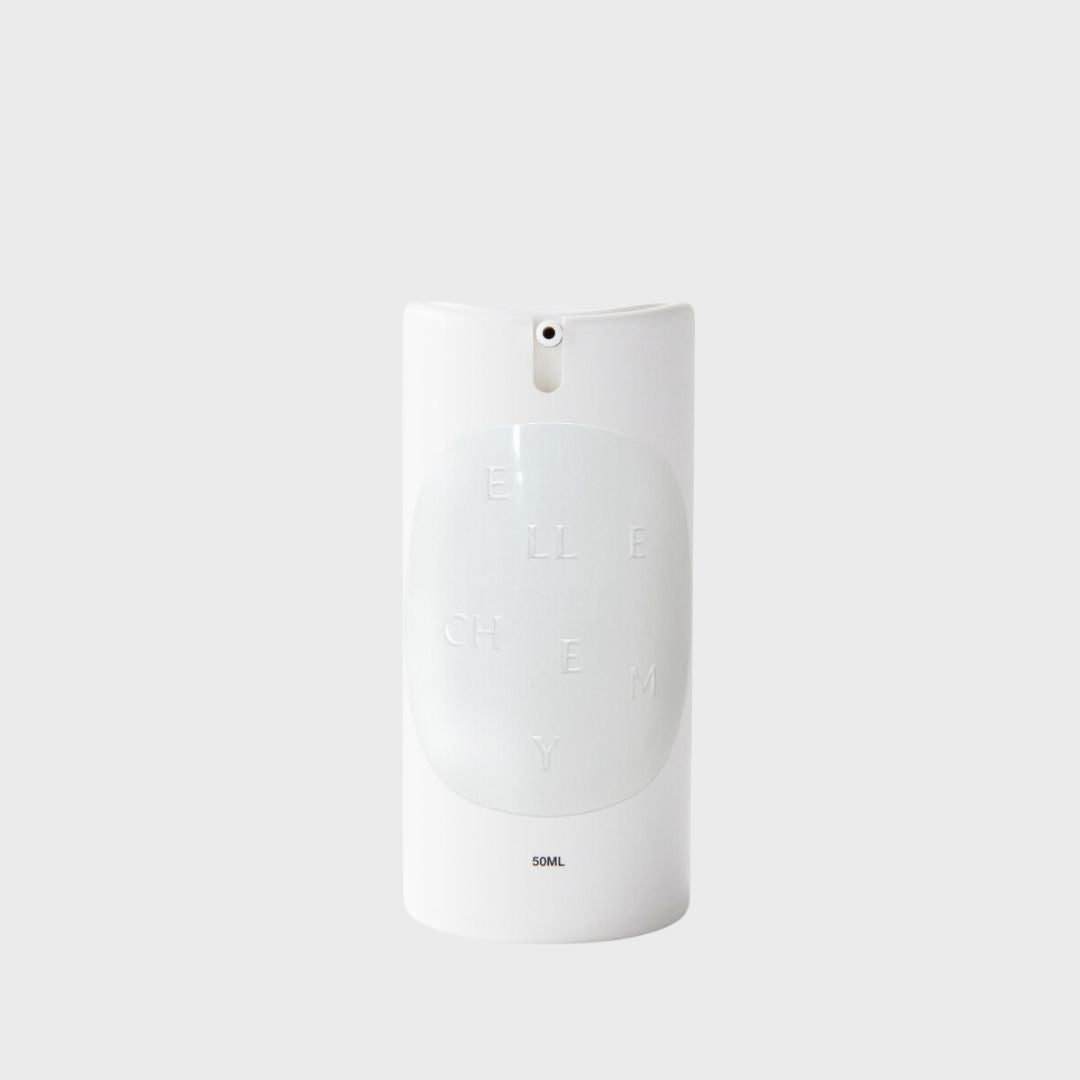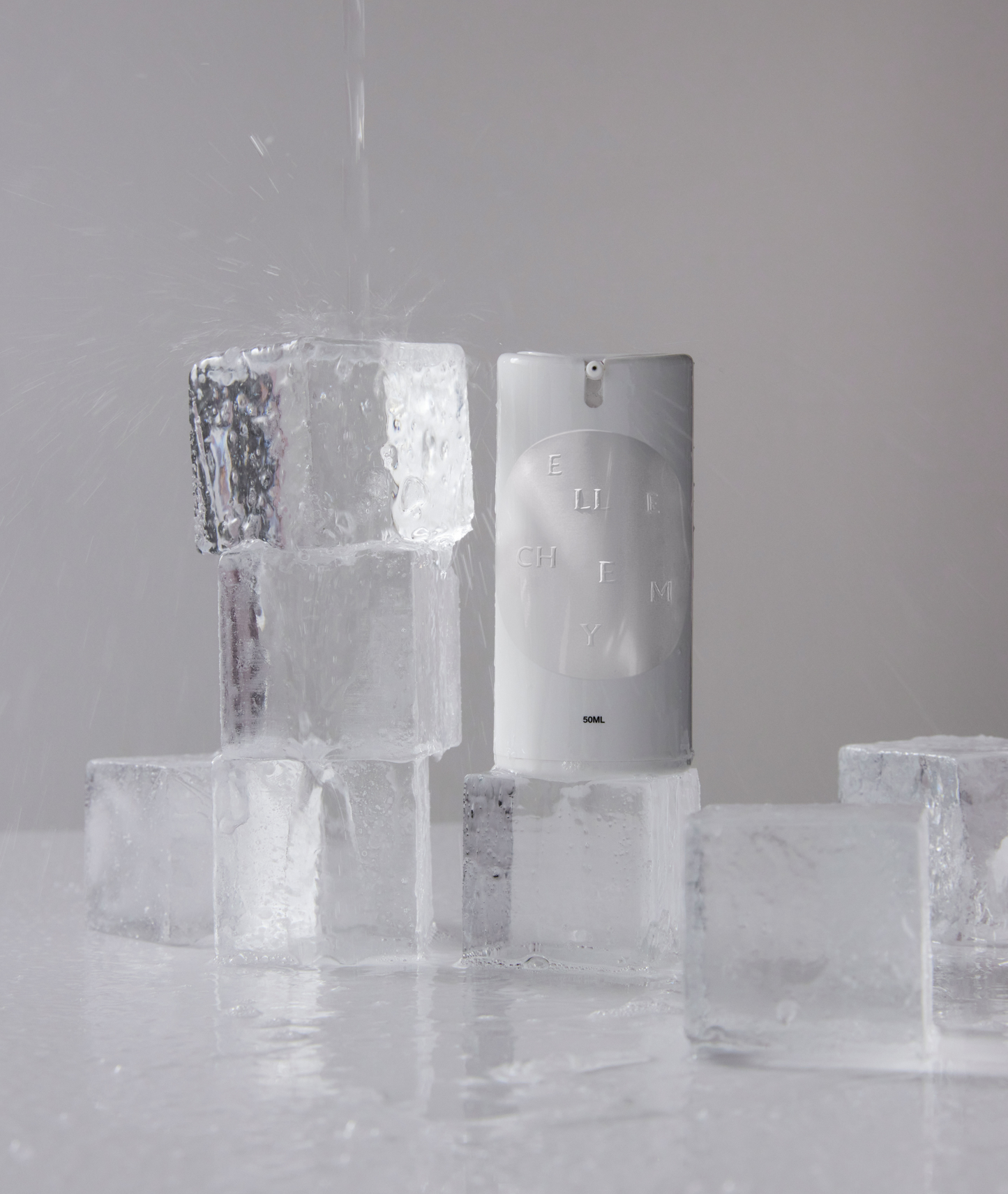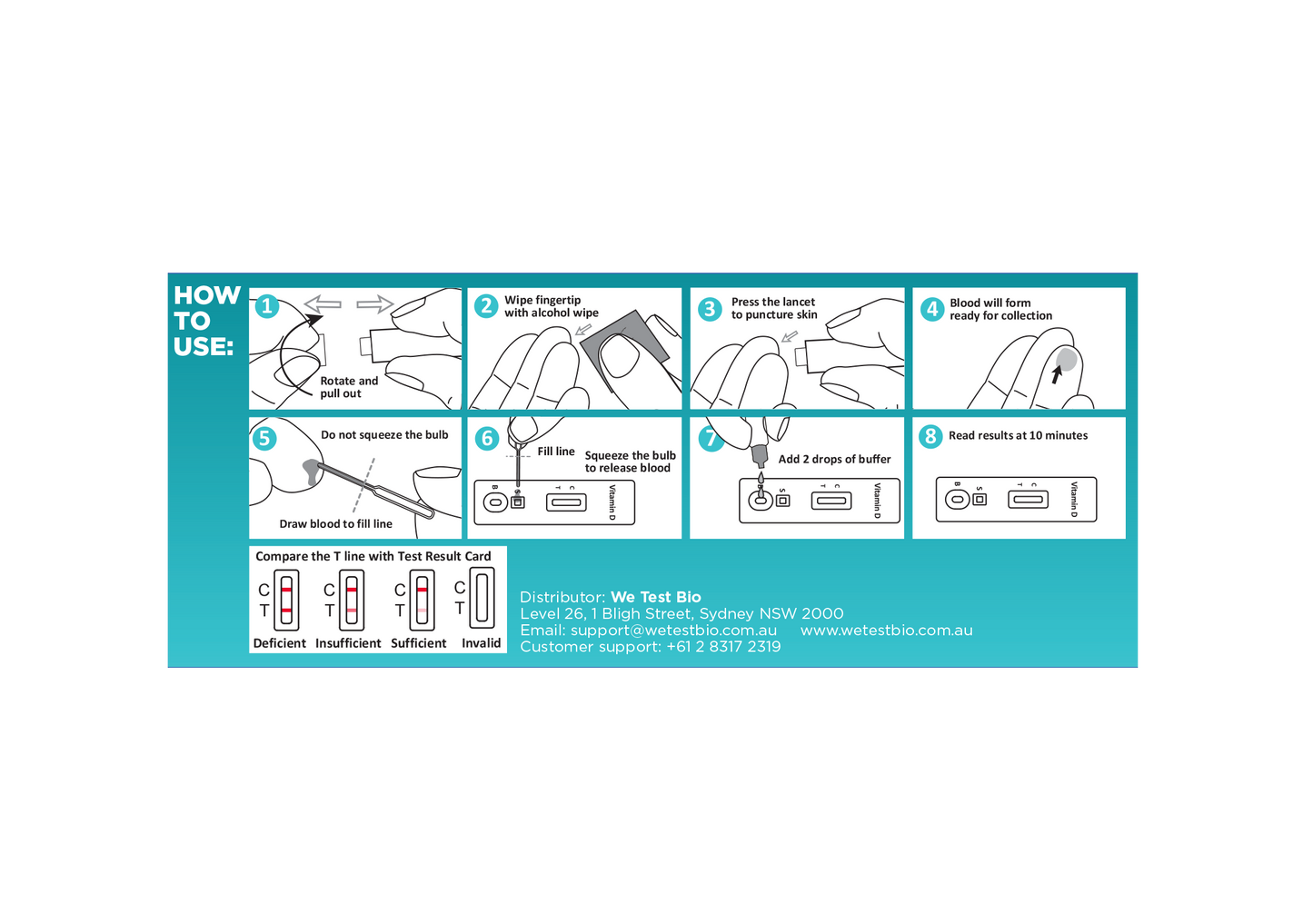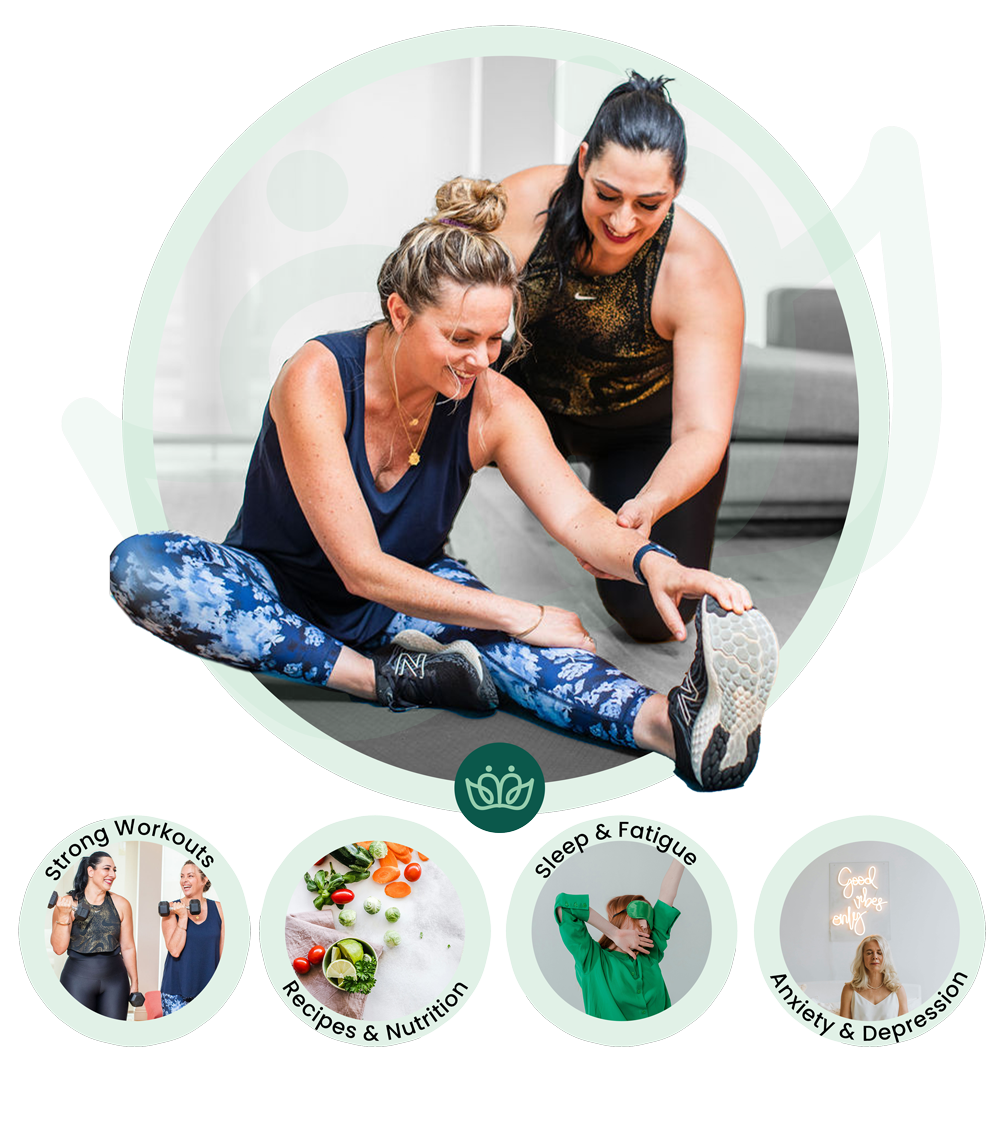

Author: Mary Doube
Strong Coach Mary
You probably know by now that Menopause is a natural phase in a woman's life that marks the end of her reproductive years. However, the hormonal changes and associated symptoms can present unique challenges, especially in the workplace. As professional women navigate the complexities of their careers, understanding how to cope with Menopause at work becomes essential. This blog post aims to provide practical strategies and advice to help you manage menopause-related challenges while maintaining productivity and well-being in your professional life.
It doesn't matter where you work or the type of job you do; Menopause is a struggle for most women. Here are some of the strategies I used during the worst times of my menopausal work life.
- Educate Yourself and Seek Support: Knowledge is power. Take the time to educate yourself about Menopause, its symptoms, and how it might affect your work performance. Understanding the physical and emotional changes can help you feel more in control. Additionally, consider seeking support from colleagues or joining online or in-person menopause support groups. Knowing that you're not alone in this experience can be immensely comforting. A quick mention of our Menopause Program. You can find out more (HERE) Also our FREE Menopause Support Group for Strong Women. (HERE)
- Open Communication with Your Employer: While discussing Menopause may feel uncomfortable, open communication with your employer can be beneficial. Inform them about your situation and any specific accommodations you might need to manage menopause symptoms effectively. Adjusting the office temperature, providing access to a private space for breaks, or flexible work hours during particularly challenging times, having a supportive work environment can make a significant difference. In many work environments, "If you don't ask, you don't get!"
- Prioritise Self-Care: During Menopause, self-care becomes crucial. Ensure you get enough sleep, stay physically active, and follow a balanced diet. Incorporate stress-reduction techniques like meditation or deep breathing exercises into your daily routine. I demonstrate box breathing (HERE). Taking care of your physical and mental health will enhance your overall well-being and performance at work.
- Manage Menopause Symptoms discreetly: Hot flashes, mood swings, and other symptoms can be disruptive professionally. Have a discreet plan to manage these symptoms when they arise. Keep a small fan at your desk, dress in layers for temperature regulation, and have stress-relief tools like scented oils or calming music accessible. Discreetly addressing these challenges will allow you to focus on your work without unnecessary distractions.
- Cutting down on caffeine can help also: Sometimes, during stressful days, I would drink way too much coffee. This can heighten your cortisol levels and add to more stress. I found that keeping to my startup drink as a coffee and then changing to a non-caffeine drink such as Menopause Tea/ Meno-Belly Tea really helps alleviate some of those symptoms. You can get your Menopause tea (HERE)
- Be Kind to Yourself: Menopause is a natural process but can be emotionally taxing. It's crucial to be kind to yourself during this phase. Avoid self-criticism and negative self-talk. Instead, practice self-compassion and acknowledge that it's okay to have bad days. Be patient with yourself as you navigate this transitional period, personally and professionally. Being open and talking to someone can help, especially a work colleague who may be going through the same symptoms and issues at work and home.
Menopause is a significant life event that can impact various aspects of a woman's life, including her career. By educating yourself, seeking support, communicating with your employer, prioritising self-care, and practising self-compassion, you can successfully cope with Menopause. Remember that Menopause is a natural part of life. With the right strategies and support, you can continue to thrive professionally while navigating this transition with grace and resilience.
Here are 5 of my personal strategies.
- Create a Comfortable Workspace: Evaluate your workspace and make necessary adjustments to enhance comfort during Menopause. Ensure your chair provides adequate support, position your computer monitor at eye level to reduce neck strain, and consider using an ergonomic keyboard to minimize wrist discomfort. A comfortable workspace can alleviate physical discomfort and improve your focus and productivity.
- Plan for Brain Fog and Memory Lapses: Menopause can sometimes bring about cognitive challenges, such as brain fog and memory lapses. To cope with these issues at work, implement strategies like using to-do lists, setting reminders, and taking notes during meetings. Embrace digital tools and smartphone apps to stay organized and track tasks effectively.
- Educate Your Coworkers: Consider educating your colleagues and team members about Menopause to foster a supportive and understanding work environment. Dispelling myths and raising awareness about Menopause can help eliminate misconceptions, reduce stigma, and encourage empathy and empathy from coworkers. Share this blog on a group chat or bulletin board to help raise awareness. Don't assume that people should know because they are generally caught up in their own worlds, especially at work.
- Advocate for Flexible Work Arrangements: Explore and discuss flexible work arrangements with your employer. Flexible hours or remote work options can be valuable during days when menopausal symptoms are particularly intense; this can empower you to manage your workload effectively while accommodating your physical and emotional needs. Ask if you can have flexible logon times to allow a later start if your day looks like symptoms are playing up.
- Build a Menopause Support Network at Work: Consider forming a support network with other menopausal or empathetic colleagues at your workplace. Having a network of women who understand what you're going through can provide a safe space to share experiences, exchange coping strategies, and offer mutual support. This camaraderie can contribute to a positive work environment for all members involved. We have a free menopause support group on Facebook, you can check it out (HERE)
By incorporating these additional strategies alongside the initial six, women can better navigate the challenges of Menopause at work. Remember that every woman's menopause journey is unique, and finding suitable coping mechanisms is essential. Embrace the journey with openness and adaptability, and remember that you can manage Menopause while maintaining your productivity and well-being in the workplace.
The Tool Kit.
A menopausal woman can bring a variety of aids to work to help manage the symptoms and challenges that may arise during this transitional phase. Here are some helpful aids to consider:
- Handheld Fan or Personal Cooling Device: Hot flashes are a common symptom during Menopause. Carrying a handheld fan or a personal cooling device can provide immediate relief by helping to cool down during hot flash episodes. Check your local chemist or online shopping for cooling towels and small fans.
- Layered Clothing: Menopausal women often experience fluctuations in body temperature. Wearing layered clothing allows them to adjust to changing comfort levels quickly. They can add or remove layers to stay comfortable throughout the day.
- Water Bottle: Staying hydrated is crucial during Menopause. A water bottle will encourage regular water intake, which can help manage symptoms and promote overall well-being.
- Healthy Snacks: Keeping healthy snacks like nuts, fruits, or energy bars at work can help maintain stable blood sugar levels and provide a quick energy boost during busy days.
- Stress-Relief Items: Stress can exacerbate menopausal symptoms. Consider having stress-relief items such as stress balls, scented oils, or essential oil diffusers to create a calming atmosphere at your desk. Give yourself plenty of breaks to walk around the office to try to calm your reaction to stressful situations.
- Over-the-counter Medications: Over-the-counter pain relievers like ibuprofen or acetaminophen can help manage headaches or body aches associated with Menopause. Coordinating and informing your GP of any medications you are using regularly is essential. Keep to recommendations and avoid overuse.
- Mini First Aid Kit: A small kit with band-aids, antiseptic wipes, and other essentials can be handy in case of minor accidents or injuries. When we suffer from brain fog, we can be clumsy and have little accidents. I know, particularly for me, I would accidentally kick the office furniture and cut /bruise my toes. That's my "meno-brain fog"
- Feminine Hygiene Products: Some women experience irregular menstrual bleeding during perimenopause. Having feminine hygiene products like pads or tampons on hand can be helpful. If you work in an environment with other women, find a storage area where you can have backup supplies when needed.
- Noise-Cancelling Headphones: For women sensitive to noise during Menopause, noise-cancelling headphones can create a more peaceful and focused work environment. This can be difficult if you have multiple conversations by phone or Zoom, but most apps now will just cut off the music when you get a call and start up straight after. Some calming sounds can be fantastic.
- Personal Care Items: Include personal care items like hand lotion, lip balm, and facial wipes to stay comfortable and refreshed throughout the day. There are absorbing pads also available for those areas that get particularly sweaty during hot flushes.
- Mindfulness and Relaxation Tools: Carry items such as a small mindfulness journal, relaxation apps, or guided meditation recordings to help manage stress and promote relaxation during breaks.
- Spare Set of Clothes: For women experiencing heavy or unpredictable menstrual bleeding during perimenopause, having an extra set of clothes can provide peace of mind.
- Drive to work: When you are having a bad day, drive to work so you know you can either have a quiet place close by you can retreat to or have items to back up your travel menopause kit.
- Storage: You may have to leave your favourite handbag at home and use a backpack to carry all these items, or you could find that unused storage cabinet at work.
It's important to choose aids that suit your individual needs and preferences. Remember that menopause experiences can vary and evolve, so customising your aids to address your specific symptoms and challenges will ensure the most effective support during work hours.
If you have made it this far, I would like to ask you to consider some of the products I have put together in my Menotique online store, products for Peri/menopausal women. You can find most of the products you may need there now. Click (HERE) to visit.
Further education and support.
- A 6-week Course to alleviate the symptoms of Menopause.
- 8 Chapters
- 93 lessons
- Nutrition/recipes.
- Exercise activities for the beginner and more advanced.
- Meditation and stress relief.
- Motivation with a systemised approach.
- Sleep hygiene!
Click HERE to download in the Apple App or HERE to get it on Google Play.
Strongfully yours

Author: Mary Doube
Strong Coach Mary
You may also like to read our other monthly blogs (HERE)

